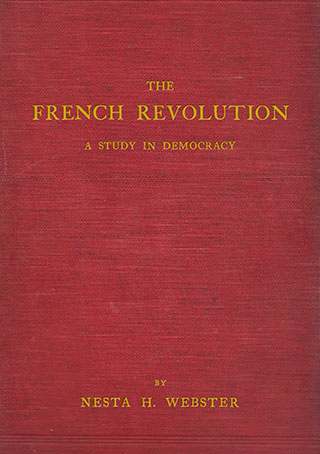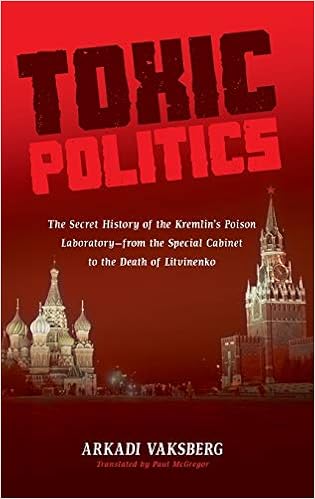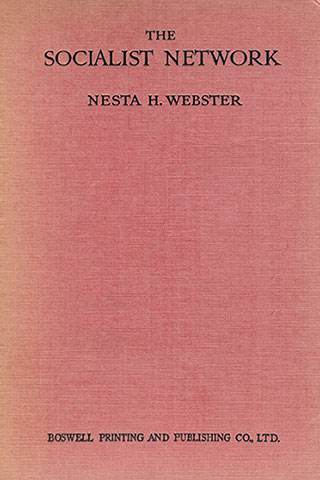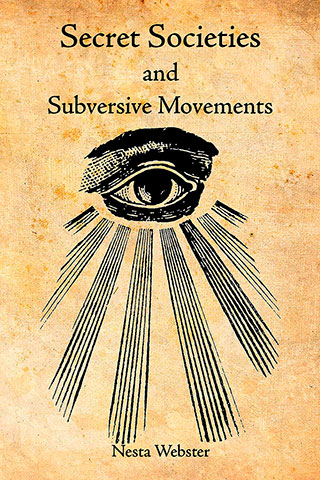The Free Thinker’s Manifesto
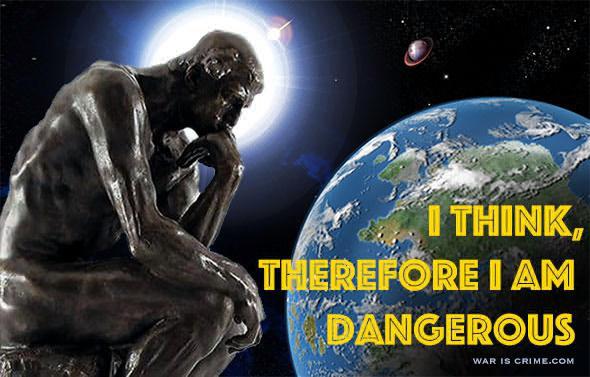
“Man, whether he likes it or not, is a being forced by his nature to seek some higher authority. If he succeeds in finding it of himself then he is a superior man; if not, he is a mass-man and must receive it from his superiors.” — Jose Ortega y Gasset.
A specter is haunting the status quo — the specter of free thinking. Alas, the mass-man is too much “mass” and not enough “man.” He is too much victim and not enough hero. He is too much fear and not enough courage. His brains, cadaverous from too much dead time. His mind, worn thin from lack of imagination and too much propagandized divisiveness. His eyes, cow-eyed, eye-guarded, with a dead mackerel stare from being over-herded and playing the victim. His heart, repressed and stifled from too much nine-to-five slavery and not enough unf*ck-the-world anarchy.
The mass-man suffers from fixed thinking. He can only be usurped by the overman, who flourishes in free thinking. More importantly, the mass-man is an aspect of us all, and can only be appropriated and reconciled by its counterpoint: the overman within us all. Similar to how it’s our responsibility alone to reconcile our own shadows in order to become more holistic, we must also reconcile our own mass-man in order to become more open-minded.
As it stands, the history of all hitherto existing human conditions is the history of free and fixed thinking. Non-conformist and conformist, disobedient and obedient, dissident and sycophant, unorthodox and orthodox, have been in constant conflict with one another. An opposition that each time ended, either in progressive and creative evolution, or in regressive and stagnate devolution.
It is high time that free thinkers should openly, in the face of the whole world, pronounce their liberated views, their flexible aims, their imaginative tendencies, their radical art, and meet the State-suckling, history-possessed, single-minded fixed thinkers with a manifesto of Free Thinking itself.
Hint: this is best accomplished using a mirror.
The marks of a free thinker are the ability to question everything, the ability to stretch comfort zones, the ability to flatten status quo boxes, and an exuberant curiosity in the face of the unknown.
Questioning everything
“Enlightenment is man’s emergence from self-incurred immaturity. Immaturity is the inability to use one’s own understanding without the guidance of another.” — Immanuel Kant.
A free thinker questions everything so as not to acquiesce to authority, because even so-called authorities are still fallible human beings. Free thinkers understand that humans are flawed creatures, and even ideas or ideologies that have stood the test of time should be questioned to the nth degree, lest fixed thinking become entrenched.
Questioning answers, as opposed to merely searching for them, keeps our minds sharp. We are more likely to use our “own understanding without the guidance of another,” and thus more likely to rescue ourselves from self-incurred immaturity and to grow into self-actualized maturity.
Stretching comfort zones
“Too often we hold fast to the clichés of our forebears. We subject all facts to a prefabricated set of interpretations. We enjoy the comfort of opinion without the discomfort of thought.” — John F. Kennedy.
Fixed thinking almost always takes place within a person’s comfort zone. But it’s outside the comfort zone where free thinking becomes manifest. When we’re too comfortable we have a tendency to become stagnant and inert in our thinking. With just a little imaginative thought outside the comfort zone we can get free thought flowing again, which has the power to dismantle the clichés of our forefathers and may even instill within us the courage to assemble something more robust out of the dismantled pieces.
As our narrow-mindedness shrinks, our comfort zone stretches. Indeed. Our minds shrink or expand in proportion to our ability to think outside our comfort zones.
Flattening status quo boxes
“I walk through rooms of the dead, streets of the dead, cities of the dead; men without eyes, men without voices; men with manufactured feelings and standard reactions; men with newspaper brains, television souls and high school ideas.” — Charles Bukowski.
There is nothing more certain to keep you inside the box than fixed thinking. The less you are able to question your ideas, politics, and ideologies, the more likely you will be unable to think outside the box.
Flattening the box is shattering the mental paradigms that are persuading you to maintain the integrity of the box. Keep in mind: there will always be a box to think outside of. Even if you think outside of your current box, there will just be another box waiting for you to think outside of.
The difference between a free thinker and a fixed thinker is the free thinker is aware of the box and questions it, whereas the fixed thinker is usually unaware they are even thinking inside the box in the first place, and they have neither the wherewithal nor the audacity to question it. The fixed thinker clings to the box, unable to criticize or disobey the dictates of the box.
The free thinker lets go of the box, fully capable of criticizing and disobeying its dictates because his thoughts are free. Such daring flattens all boxes and levels the playing field between thinker and dictator. As Erich Fromm said, “At this point in history the capacity to doubt, to criticize and to disobey may be all that stands between a future for mankind and the end of civilization.”
Curiosity in the face of the unknown
“Reason and understanding must unite with unreason and magic.” — C. G. Jung
Curiosity is the free thinker’s cornerstone. Indifference is the free thinker’s Kryptonite. Fear of the unknown is subsumed by the greater fire of curiosity. As Carl Sagan once said, “Somewhere something incredible is waiting to be known.” Indeed. It won’t be the fixed thinker, full of certainty, who will discover the unknown knowns, but the free thinker, full of curiosity, who will make the unknown known.
Free thinkers embrace the unknown, realizing that astonishment and awe are almost always more rewarding than certainty and security. With the power of free thinking, the unknown becomes a playground or a daring adventure; a place to discover new realms, to relish in the Great Mystery, or to simply be okay with not knowing.
Where the mass-man is almost always indifferent and apathetic due to his fixed thinking, the overman is almost always curious and empathetic due to his free thinking. Where the fixed thinker is overwhelmed by his certainty, the free thinker overcomes his certainty through his curiosity.
In the end, free thinkers are the torch bearers toward a brighter future for our species. They are the tip of the spear of progressive evolution, free to drag their fixed thinking cousins kicking and screaming into a healthier world.
With their ability to question all things, to stretch comfort zones, to flatten boxes, and to remain lit by the fires of curiosity, they have the power to propel us past the need for rigid answers and into a realm of liberating questions; where the Great Mystery is allowed to be precisely that — great and a mystery.
Digital discoveries
- Migliori Casino Online
- Casino Non AAMS
- Siti Casino
- Sites De Paris Sportifs Belgique
- Tous Les Sites De Paris Sportifs Belgique
- Meilleur Casino En Ligne Belgique
- Casino En Ligne Belgique Bonus
- I Migliori Casino Online
- Non Aams Casino
- Scommesse Italia App
- Migliori Casino Online Esteri
- Paris Sportif Crypto Sans Kyc
- Site De Paris Sportif
- Sweet Bonanza Avis
- Paris Sportif Ufc
- オンラインカジノ 出金早い
- Casino Live En Ligne Français
- Site De Paris Sportifs
- Meilleurs Nouveaux Casinos En Ligne
- Casino En Ligne Français
- Casino En Ligne
- Casino Retrait Instantané
- Casino En Ligne Fiable
- Meilleur Casino En Ligne 2026
- Casino En Ligne Retrait Immédiat
- Casino Français En Ligne
- Casino Italia Non Aams
- Casino Con Free Spin Senza Deposito
- Siti Di Scommesse Non Aams
- Migliore Casino Non Aams
- Casino Online Non Aams 2026
- 토토사이트 모음
- Top 10 Trang Cá độ Bóng đá
- Casino En Ligne
- Casino En Ligne France
- Casino En Ligne Argent Réel
- Casino En Ligne Retrait Immédiat 2026
- Nouveau Casino En Ligne 2026
